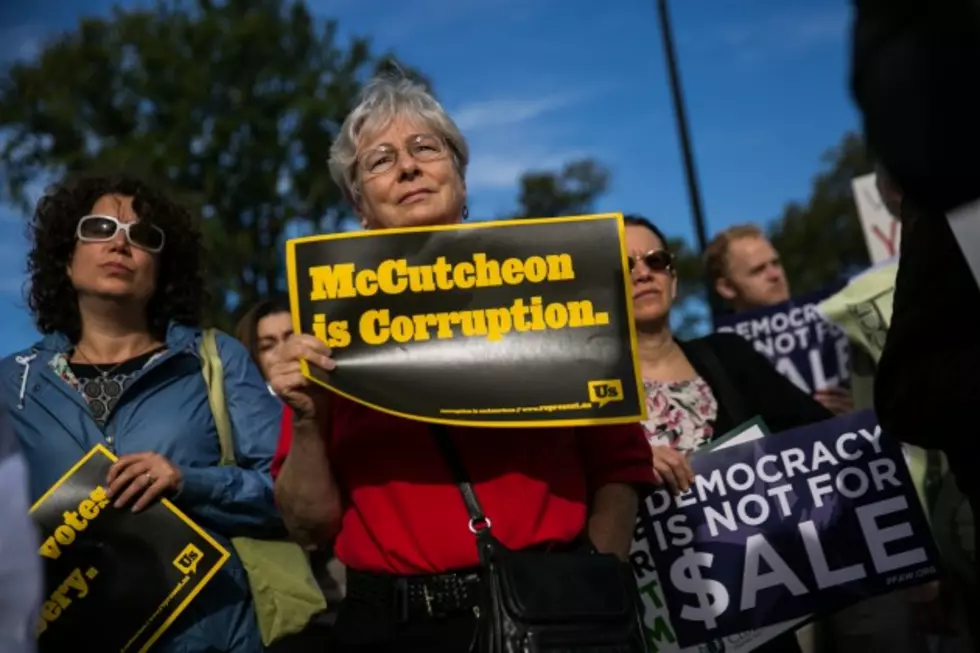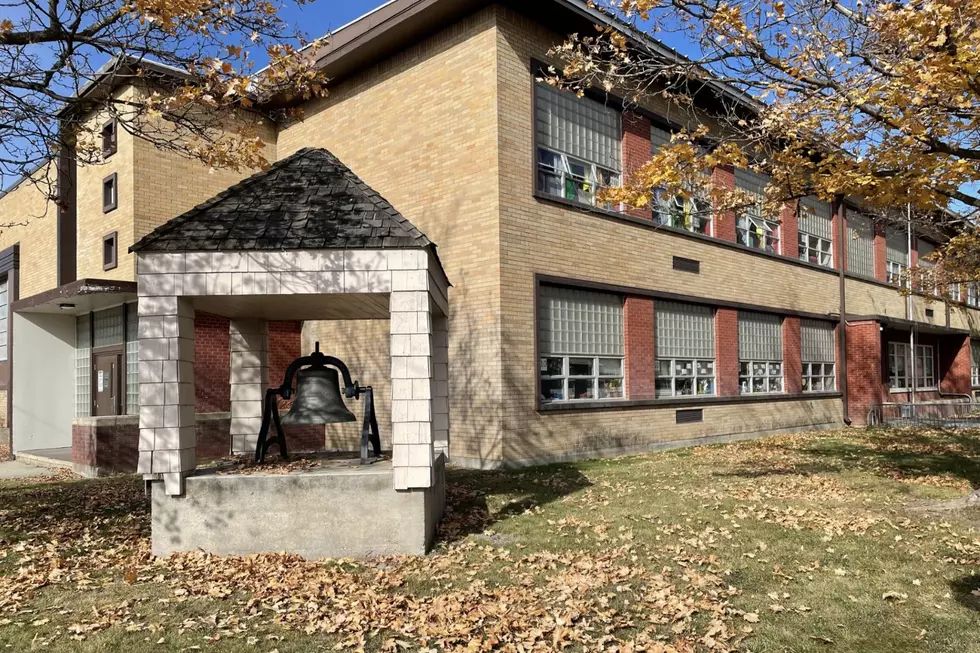
McCutcheon Ruling Ignores Disclosure Reality
The following article was written and provided to KGVO News by Edwin Bender, Executive Director of the National Institute on Money in State Politics:
The U.S. Supreme Court decisions in both McCutcheon and Citizens United placed great faith in 'robust' federal campaign-finance disclosure as an antidote to the corrupting influences of political donations and expenditures.
The problem is, this relies on a faulty view of today's reality in the 50 states. And we know, based on Citizens United, that McCutcheon will ripple down to the state level.
The Court asserts that, ''Because massive quantities of information can be accessed at the click of a mouse, disclosure is effective to a degree not possible at the time Buckley, or even McConnell, was decided.'' Yet state disclosure systems are fragmented, offer incomplete information or in some cases no information at all. The agencies are dependent on lawmakers who control the agency purse strings, and many government disclosure systems are hopelessly mired in twentieth century technology. (Yes, some states still accept disclosure reports on paper forms.)
The 50 different disclosure agencies in the 50 states implement 50 different sets of disclosure laws with 50 different types of reports and 50 different sets of reporting dates. The National Institute on Money in State Politics' website FollowTheMoney.org, cited to support the Court's ''click of the mouse'' assertion, was formed and is privately funded precisely because there is no governmental website that presents a verifiable, searchable, 50-state record of money in politics. It's a massive job.
Much work remains to be done before the public can be fully informed about how money affects the political process-and subsequent public policy-to both bring disclosure of political campaign-related donations and expenditures up to twenty-first century standards, and to illuminate all the interests that are participating in the public policy processes.
This point is vitally important, since the court thinks that ''quid pro quo corruption''-otherwise known as bribery and usually involving the FBI when it's found out-should be the tipping point for campaign-finance laws that intersect with our First Amendment rights to free speech. Between that bright line and the billions of private dollars spent developing public-policy agendas, planning electoral strategies, implementing those strategies, hiring lobbyists, lobbying, advising rule-making, and challenging unfavorable legislation in courts, is a level of influence-peddling worthy of a RICO investigation.
And about that current ''robust'' disclosure?
The 2010 Citizens United ruling on federal campaign giving had an immediate effect on state laws, which tumbled one after another. The day after the CU ruling, Institute staff began surveying state disclosure laws to determine how CU might affect future campaigns. We found that fewer than half the states even had laws that required reporting of independent expenditures and presented the data in an accessible format. To this spotty patchwork of information, add the ''dark money'' flooding into the elections process, and a desire by some to play a Russian-doll game with their donations to avoid disclosure. Knowing how the game is being played, it's difficult at best to understand how the Court can possibly call this ''robust'' disclosure.
A healthy democracy must present no barriers to public information, and put it in a context that promotes broad public participation. Disclosure of campaign donations is but a baby step. Understanding where legislation comes from, who drafted it and what their interests are is an important next step.
That quid pro quo corruption is the Court's line for raising concerns about the corrosive influence of campaign donations should raise serious concerns about our representative form of governing.
By relying on nonprofits like FollowTheMoney.org to wind through the campaign finance maze and the black hole of dark money contributions, the Supreme Court is outsourcing the government's responsibility to ensure transparency in our democracy. That is wrong.
More From Newstalk KGVO 1290 AM & 98.3 FM









